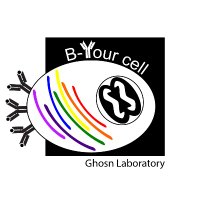
Ghosn Laboratory
@ghosnlab
Ghosn Laboratory | Emory University | ghosnlab.science Account managed by lab members
ID: 1446194690248908801
https://ghosnlab.science/ghosnlab 07-10-2021 19:24:29
81 Tweet
91 Followers
58 Following

Great study by Emory University Undergraduate Justin Hahm! He presented his research Ghosn Laboratory at the Emory College SURE Program Symposium. He studies early-life mucosal immunity in humans, particularly B cells in the gut, with Astrid & grad student Alex Nazzari Congrats Justin!

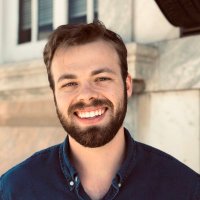
We often think of autoantibodies (anti-self) as flaws in immunity which lead to more severe viral infections, like COVID-19. Ghosn Laboratory and collaborators show anti-interferon autoantibodies associate with recovery from COVID with less severe symptoms. How could this work? 1/Thread
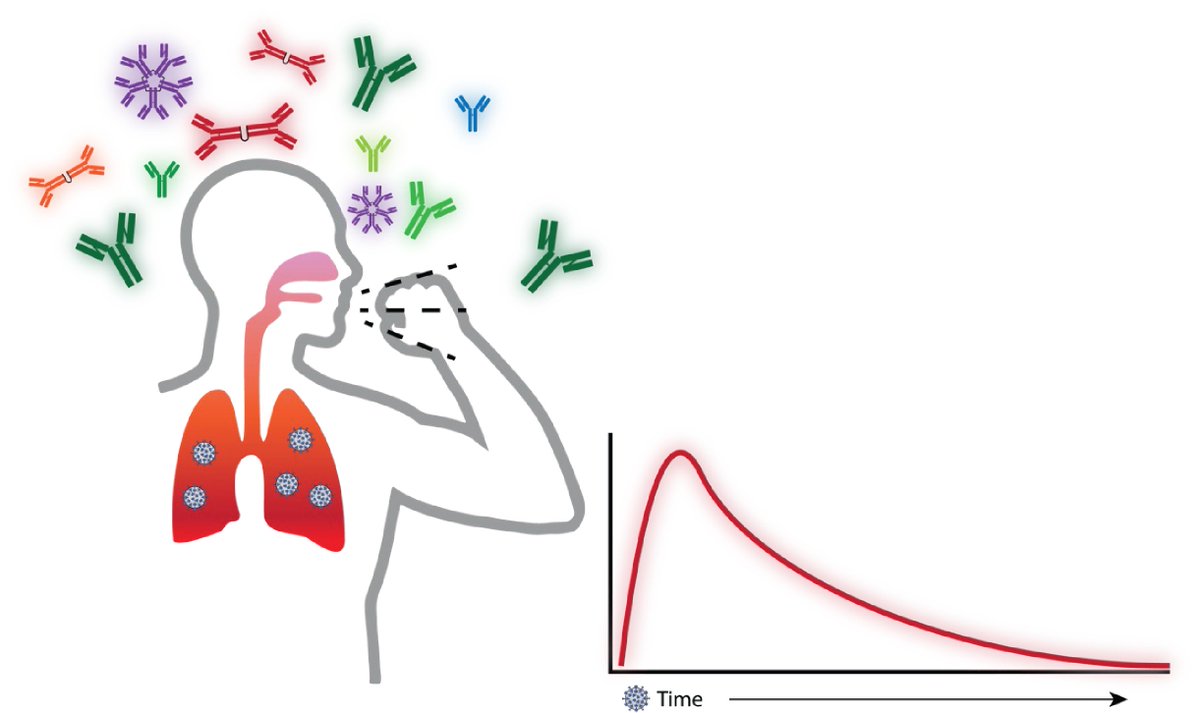

The Ghosn Laboratory, Eliver Ghosn and our collaborators from Emory/UCSF/Gladstone showed that transient autoantibodies against type-I interferon (IFN) are a common feature of the SARS-CoV-2 response, and are associated with efficient COVID-19 recovery. medrxiv.org/content/10.110… 2/

Thanks for the summary of our new manuscript by lab member Benjamin Babcock, Eliver Ghosn and our collaborators across Emory/UCSF/Gladstone!

A new paradigm for autoantibodies in mild #COVID19? Our PI Eliver Ghosn summarizes the lab's newest manuscript:

Great hosts Icahn School of Medicine at Mount Sinai, and thanks for posting our slides on the proposed model for the protective role of nasal autoantibodies in mild-recovered #COVID_19 #BYourCell Ghosn Laboratory We showed that transient autoantibodies against IFN-a in the nasal mucosa are associated with

The 2 sides of autoantibodies to interferon-α, like a rheostat —Pre-existing in the blood: linked to high risk of life-threatening Covid —Induced by #SASRCoV2 in the nose, airways mucosa: Protective science.org/doi/10.1126/sc… Science Translational Medicine Eliver Ghosn Ghosn Laboratory Benjamin Babcock

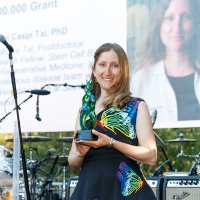
This is such an important paper from Eliver Ghosn Ghosn Laboratory which I really hope is the start of how we collectively begin to appreciate the importance of the relation between isotype/subtypes of antibodies produced, beyond the antigen they target, whether a self epitope or not.


Our new study on the opposing roles of autoantibodies in #COVID19 is out on the cover of Science Translational Medicine #ScienceTranslationalMedicineResearch We wanted to understand how the nasal mucosa responds to #SARSCoV2 infection in patients who quickly recover from COVID-19. We collected

NOSE ANTIBODIES may help REGULATE the IMMUNE RESPONSE and promote RECOVERY against COVID-19 An amazing study 💯👍 Thanks to David Joffe MB BS (Hons), PhD, FRACP 🇦🇺 science.org/doi/10.1126/sc…

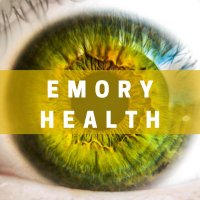

So, so proud to see our work read and discussed. This came together as a beautiful story describing an unexpectedly beneficial autoreactive antibody response in the nose during COVID-19. Thanks Ghosn Laboratory and Eliver Ghosn. Summary below and more here: doi.org/10.1126/scitra…

#News New Emory University research highlights the therapeutic potential of an enzyme in managing immune-related disorders. Eric Sundberg, professor and chair in the Department of Biochemistry at Emory School of Medicine, was principal investigator on the study. buff.ly/3YC6ybo

Congratulations, Benjamin Babcock, for receiving the Best Poster Presentation Award at the Emory Department of Medicine Research Day! Ben shared his recently published study on the unexpected opposing roles of nasal autoantibodies in #COVID19 featured now on the cover of Science Translational Medicine.


The real implications of this impressive work is to why we make these autoAbs? This supports a physiological role Casanova Lab Transient anti-IFN autoantibodies in the airways are associated with recovery from COVID-19 | Science Translational Medicine science.org/doi/10.1126/sc…

In some cases, autoantibodies can actually protect you during infection 🤯. Fascinating meticulous study by Eliver Ghosn in Science Translational Medicine about anti-IFN IgA in #COVID19, which could change our general perspective on autoimmunity: science.org/doi/10.1126/sc…

There's always something worth celebrating in the lab. This week it's our traditional lab competition: the cookoff. Congratulations to this year's "chef laureates" Krishna Kothari and Eliver Ghosn! Runner-up recognition to Julia Bazzano, Justin Hahm and Collin Leese-Thompson.


Thank you, Jeroen den Dunnen! That's quite a statement! I hope our study and others will make room to accommodate data that don't fit the current paradigm of "harmful autoantibodies". Location, antibody type (and perhaps the type of tissue B cells), and context cannot be discounted.
